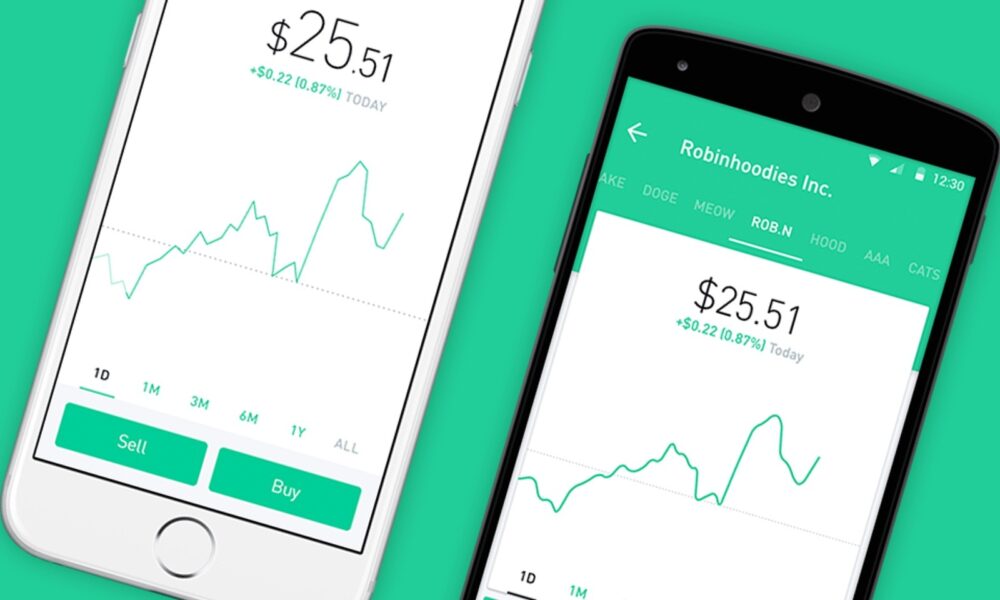Stock Market
Robinhood Falls in Trading Debut Closes 8.4% Lower at $34.82 Per Share

The investing app tumbled in its highly anticipated trading debut on Thursday, closing 8.4 percent below its initial public offering price.
Robinhood stock opened at $38, matching the IPO price, and quickly fell more than 10 percent. The stock later climbed to approach the IPO price before falling again in the final hour of trading to close at $34.82, Robinhood’s market capitalization was about $29 billion.
It was a disappointing debut for the company that brought the markets to the masses. Robinhood and its bankers tried to avoid a poor first-day performance by pricing shares at the bottom of its targeted range at a value of about $32 billion. A successful first day was the more important because Robinhood sold a big chunk of its shares to its own customers.
According to people familiar with the matter, breaking the Wall Street convention of giving individual investors only a minuscule slice of hot IPOs, Robinhood sold between 20 percent and 25 percent of its offering to its customers.
“One of our company values is ‘participation is power,’” Chief Executive Vlad Tenev said in an interview. “It didn’t seem right for us that IPOs had typically been reserved for the top 1 percent.”
Trading for the first time under the ticker HOOD, the online brokerage hit the public markets it seeks to democratize for amateur investors.
Robinhood, whose stock trading app has surged in popularity among retail investors is valued at 10.5 times forward EBITDA.
The company sold 52.4 million shares, raising close to $2 billion. Co-founders Vlad Tenev and Baiju Bhatt each sold about $50 million worth of stock. The company was last valued in the private markets in September at $11.7 billion.
Goldman Sachs and JPMorgan Chase are the investment banks that led the deal. Underwriters will have an option to buy an additional 5.5 million shares.
Unlike many recent IPOs, Robinhood was profitable last year, generating a net income of $7.45 million on net revenue of $959 million in 2020, versus a loss of $107 million on revenue of $278 million in 2019.
However, the brokerage had a loss of $1.4 billion in the first quarter of 2021 tied to emergency fundraising-related losses during January’s GameStop trading mania. The company generated $522 million in revenue in the quarter, up 309 percent from the $128 million earned a year earlier.